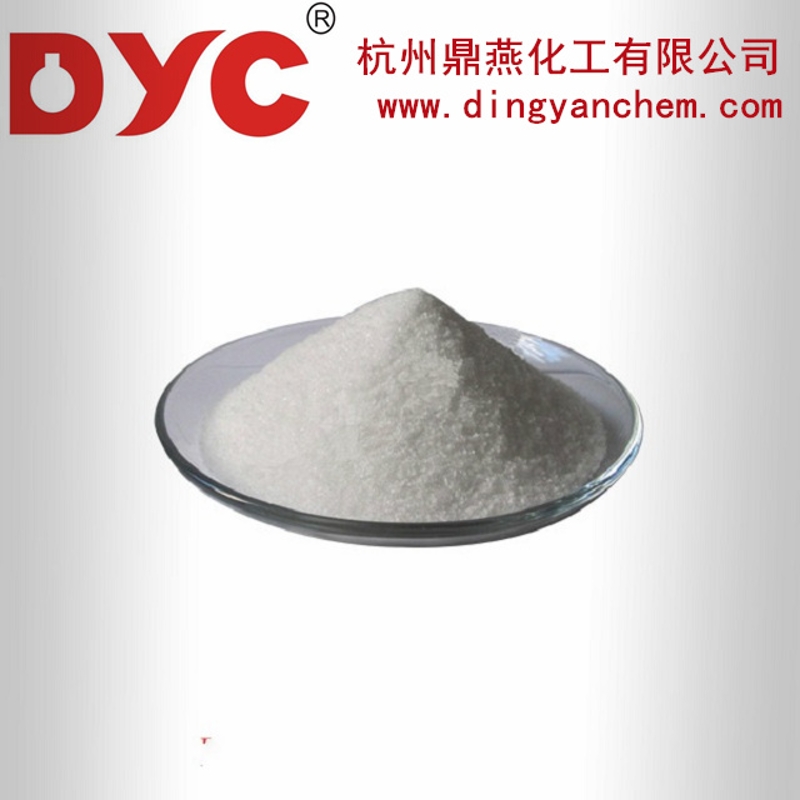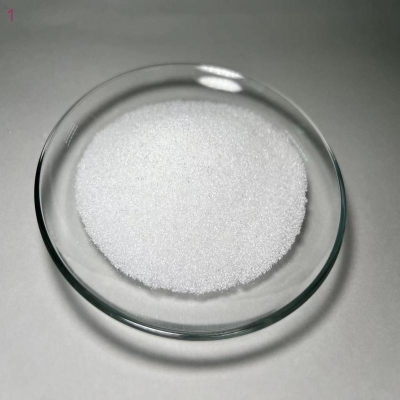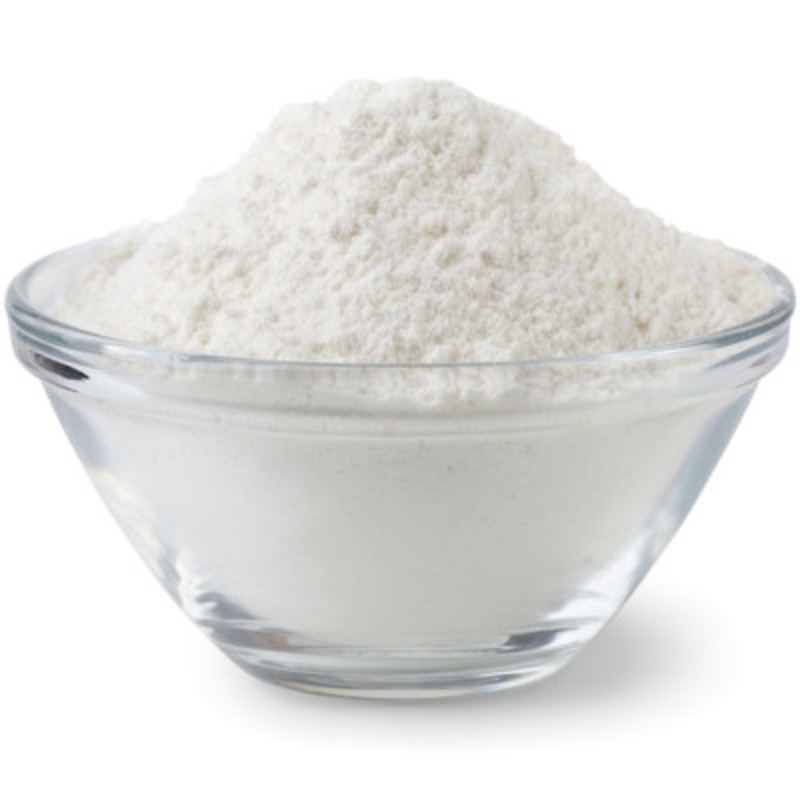What preservatives are added to cooked food
-
Last Update: 2018-02-25
-
Source: Internet
-
Author: User
Search more information of high quality chemicals, good prices and reliable suppliers, visit
www.echemi.com
Introduction: cooked food is everyone's favorite food However, if cooked food doesn't use preservatives, it will rot quickly What preservatives are added to cooked food? Many food additives will be added to cooked food in the process of processing, among which preservative is the most important one It can make cooked food not go bad for a period of time, so it is a very important food additive What preservative will be added to cooked food? It will be introduced in detail by the staff of Baibai safety net 1 There are three kinds of sorbic acid, potassium sorbate and calcium sorbate Sorbic acid is insoluble in water, so it must be dissolved in ethanol or potassium bisulfate before use, which is inconvenient and irritant during use, so it is not commonly used; calcium sorbate is used in a small range according to FAO / who regulations, so it is not often used; Potassium sorbate does not have their disadvantages It is soluble in water and widely used We can often see it in some drinks, preserved fruits, cans and other foods Here I will focus on potassium sorbate: it is unsaturated hexacarbonate; potassium sorbate sold in the general market is white or light yellow particles, with the content of 98% - 102%; It has no or slight odor, is easy to absorb moisture, oxidize and turn brown It is stable to light and heat The relative density is 1.363, and the melting point is decomposed at 270 ℃ The pH of its 1% solution is 7-8 Potassium sorbate, as an acid preservative, has a high antibacterial performance, which can inhibit the growth and reproduction of mold, mainly through inhibiting the dehydrogenase system in the body of microorganisms, so as to inhibit the growth of microorganisms and play an anti-corrosion role, which can inhibit the production of bacteria, mold and yeast; The results showed that pH: 3.2 was better than pH 2.4 in potassium sorbate solution, and the shelf life of food without sterilization treatment was 2-4 times shorter Benzoic acid includes benzoic acid and sodium benzoate; benzoic acid is also known as benzoic acid, so sodium benzoate is also known as sodium benzoate Benzoic acid is difficult to dissolve in water at room temperature, and slightly volatile in air (especially hot air), with hygroscopicity, about 0.34g/100ml at room temperature; but soluble in hot water; also soluble in ethanol, chloroform and non-volatile oil Sodium benzoate is used in all of them; the properties and anticorrosive properties of benzoic acid and sodium benzoate are similar I will briefly introduce the sodium benzoate: most of the sodium benzoate is white particles, odorless or slightly fragrant, slightly sweet and astringent; it is easy to dissolve in water (normal temperature) about 53.0g/100ml, with a pH of about 8; the sodium benzoate is also an acid preservative, without bactericidal and bacteriostatic effects in alkaline medium; the best pH of its antiseptic is 2.5-4.0, and the bactericidal effect of 5% solution at pH5.0 is not very good Sodium benzoate is lipophilic It can easily penetrate the cell membrane and enter the cell body, interfere with the permeability of the cell membrane, inhibit the absorption of amino acids by the cell membrane, ionize and acidify the alkali storage in the cell body, inhibit the activity of the respiratory enzyme system of the cell, and prevent the condensation reaction of acetyl coenzyme A, so as to achieve the purpose of food antisepsis Many people want to know the difference between preservative and desiccant? You can go to Baibai safety net to find out the relevant answers Here are a lot of food additive knowledge, such as how to use food safety detector Editor in charge: he xianrob
This article is an English version of an article which is originally in the Chinese language on echemi.com and is provided for information purposes only.
This website makes no representation or warranty of any kind, either expressed or implied, as to the accuracy, completeness ownership or reliability of
the article or any translations thereof. If you have any concerns or complaints relating to the article, please send an email, providing a detailed
description of the concern or complaint, to
service@echemi.com. A staff member will contact you within 5 working days. Once verified, infringing content
will be removed immediately.







